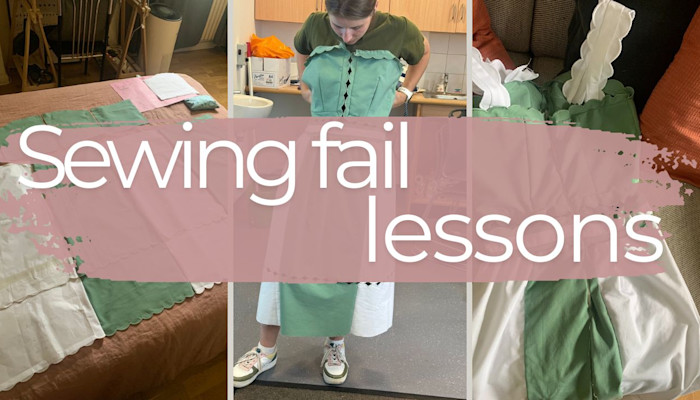What is mindful materialism?
Learn about who I am, what it means to be a mindful materialist, why it matters to me and should matter to you too.

I had a vision… it did not come to life like I’d hoped. This is what I learned in the process.
Read moreLearn about who I am, what it means to be a mindful materialist, why it matters to me and should matter to you too.

Spanish brand producing casual clothing in Spain and Portugal using sustainable and natural materials

One-woman company, each knit is lovingly made by Lilly

Handmade, non-binary clothing designed for all

Portuguese handcrafted vegan shoes

Small-scale UK brand making 100% cotton coordinated prints, designed to keep you comfy on your period